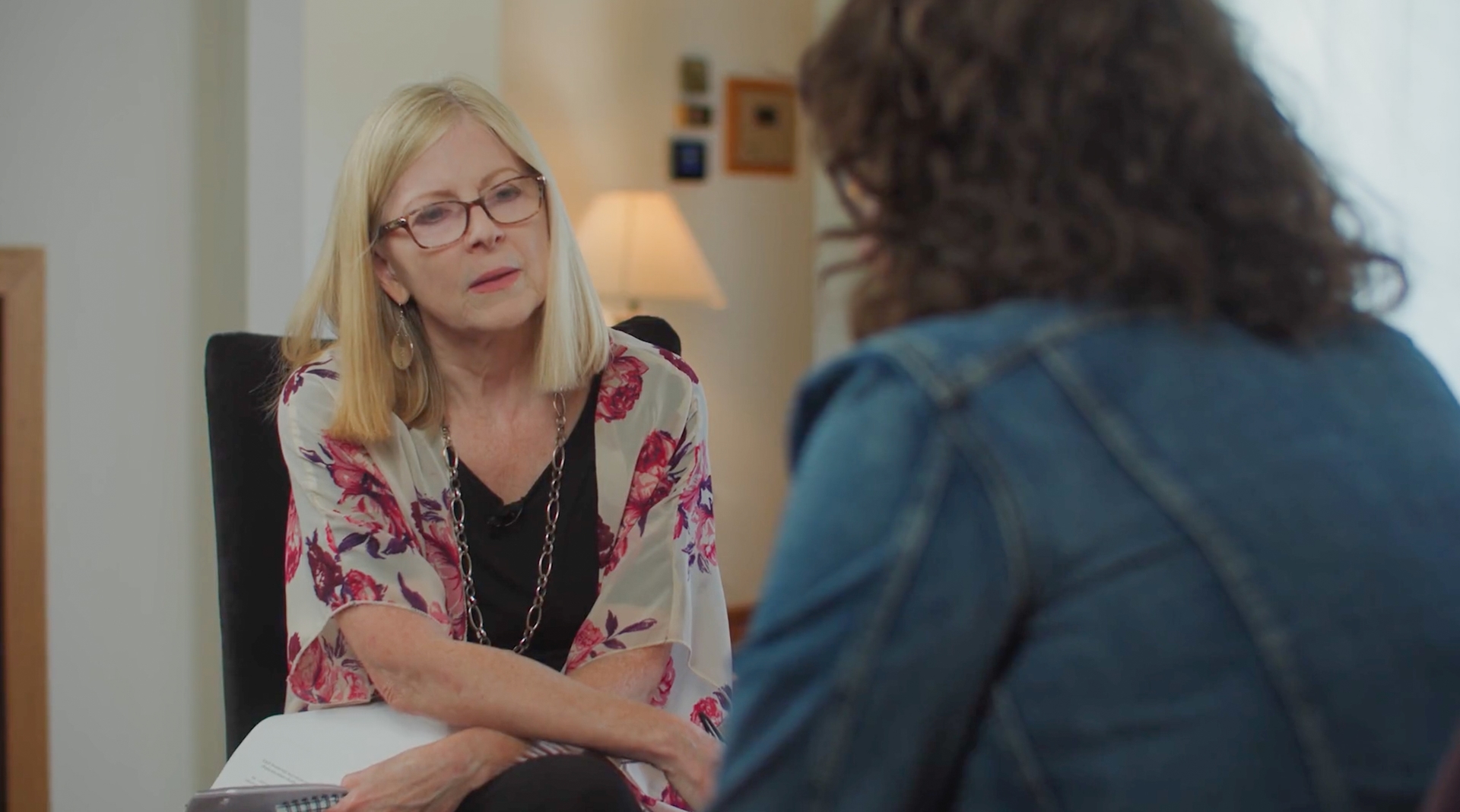EMDR for Attachment Injuries
Heal attachment wounds and support lasting change - advanced EMDR strategies for developmental trauma.
Heal attachment wounds and support lasting change - advanced EMDR strategies for developmental trauma.

Many clients come to therapy carrying painful attachment histories - neglect, emotional inconsistency, rejection, or relational trauma. These early experiences can shape a lifetime of challenges: low self-worth, emotional reactivity, avoidance of intimacy, compulsive behaviors, and troubled relationships.
In this advanced course, EMDR expert Debra Wesselmann, from Francine Shapiro's EMDR Institute, shows you how to work effectively with attachment injuries using the full EMDR framework. You’ll learn how to identify and reprocess unhealed developmental memories, respond to present-day relational triggers, and help clients build new internal experiences of safety and connection.
You’ll also gain practical tools for working with children and families, including strategies to involve parents in the EMDR process and interrupt the intergenerational transmission of insecure attachment.
Whether you’re working with adults, adolescents, or children, this course will deepen your clinical skill and give you concrete strategies to support emotional healing and developmental repair.
This course is taught by Debra Wesselmann, internationally respected EMDR trainer, therapist, and author known for her work integrating EMDR with attachment-focused treatment.
Co-founder of the Attachment and Trauma Center of Nebraska and a senior trainer with Francine Shapiro’s EMDR Institute, Debra brings over 30 years of experience treating developmental trauma and disrupted attachment.
The training features her clear instruction, therapy demonstrations, and practical strategies for applying EMDR in complex attachment cases. It also includes rare archival footage of EMDR founder Francine Shapiro, together with insights from other leading EMDR experts, offering a rich and multidimensional perspective on attachment-informed practice. See all course contributors here.

By the end of this course, you’ll be able to:
Recognize and differentiate key insecure attachment styles—dismissive, preoccupied, and disorganized - and understand how they present in clinical work (e.g., avoidance, aggression, emotional dysregulation, compulsivity)
Use attachment-informed history taking and treatment planning to identify key relational wounds
Apply EMDR techniques to help clients reprocess disturbing early memories and shift present-day responses
Strengthen clients’ reflective functioning using strategies grounded in Fonagy and Bateman’s work on mentalization - a key capacity often disrupted in attachment trauma
Build internal resources through creative visualizations that support developmental repair
Use future template adaptations to promote healthier relational expectations and behaviors
Involve parents in the 8 phases of EMDR with younger clients to foster healing within the family system
Navigate obstacles to therapy rooted in different attachment styles, and tailor your approach to strengthen engagement and therapeutic progress

This six-week course combines expert instruction, clinical demonstrations, and real-world strategies to deepen your EMDR practice with attachment-related trauma.
Beautifully produced video lessons that guide you through attachment-focused EMDR strategies step-by-step
Therapy demonstrations and case examples showing how to apply EMDR techniques with clients across a range of ages and presentations
Expert interviews exploring key topics such as reflective capacity, developmental trauma, and working with family systems
Downloadable tools and handouts to support practical application in your sessions
An interactive forum where you can ask questions, share insights, and get direct feedback from course instructor Debra Wesselmann
Enrollments
We're happy to help if you can't attend the current intake. Please contact our customer service once your purchase is finalized, and we can enroll you in the intake of your choice.
If you need an invoice, please fill out the form here.
There are 12 CE/CME hours plus 12 EMDRIA points available for eligible participants (see Learner Notification here).
